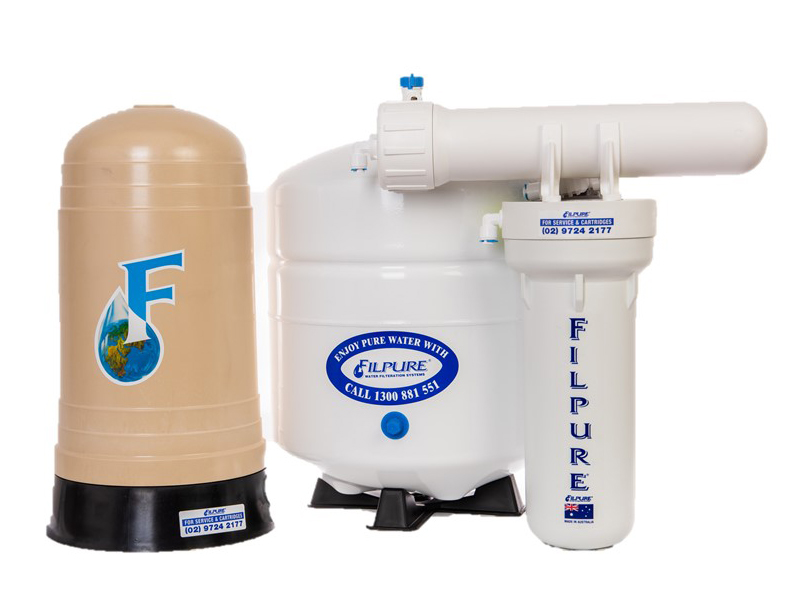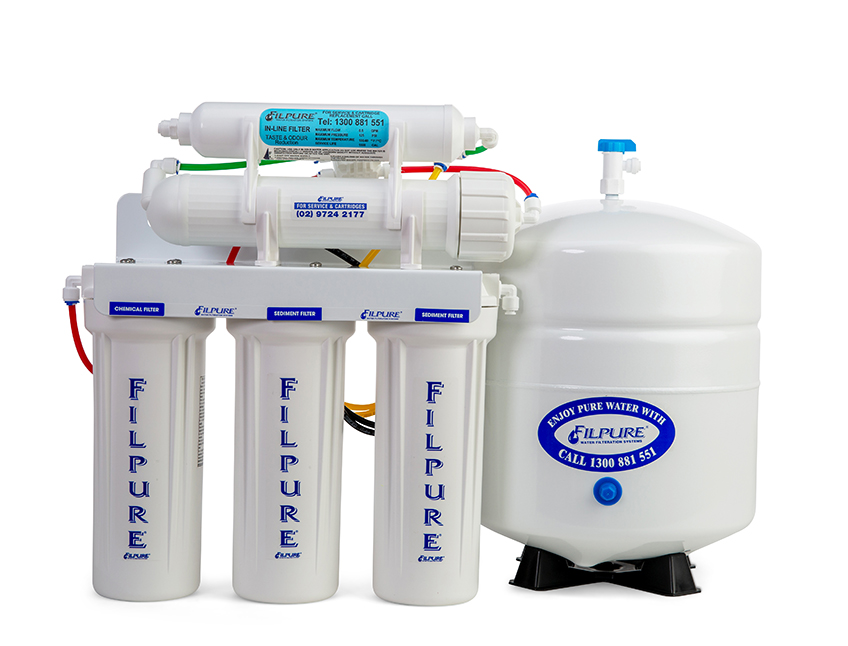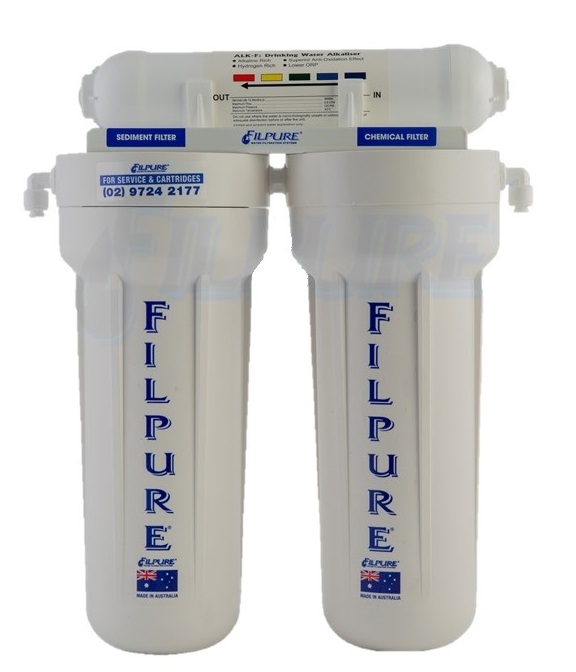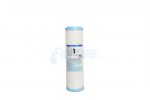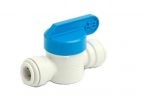
How Salinity Affects Drinking Water Quality
Salinity, the concentration of dissolved salts in water, is a critical factor influencing drinking water quality. Elevated salinity levels can make water unpalatable, corrosive and harmful to both human health and infrastructure. Understanding the impact of salinity on drinking water and the measures to mitigate it is essential, especially in regions like New South Wales (NSW), Australia.
Concerns About Water Salinity
In NSW, water salinity is a significant concern due to natural processes and human activities. Coastal intrusion, agricultural runoff and industrial discharges contribute to increased salinity in both surface and groundwater systems. For instance, the Murray-Darling Basin, a crucial water source in NSW, often experiences salinity issues due to intensive irrigation practices and natural salt deposits.
High salinity in drinking water can lead to various health problems. Consuming salty water over extended periods can result in hypertension, cardiovascular diseases and kidney damage. Moreover, high saline water can corrode plumbing systems, leading to the leaching of harmful metals like lead and copper into the water supply.
Salinity levels exceeding 500 milligrams per litre (mg/L) can compromise water taste and utility. Water systems in NSW, particularly in rural and agricultural areas, are frequently monitored to ensure salinity levels remain within safe limits. However, occasional spikes in salinity can still occur, necessitating individual vigilance and supplementary filtration methods.
Given these potential risks, should people be concerned about salinity in their drinking water? The answer is yes, especially in areas prone to salinity issues. While public water systems strive to maintain water quality, occasional exceedances can occur, making it crucial for individuals to take proactive measures.
Having Additional Protection
One effective way to ensure safe drinking water is by using a quality home water filter. Advanced filtration systems, such as reverse osmosis units, are highly effective in reducing salinity. These filters work by forcing water through a semi-permeable membrane that removes dissolved salts and other contaminants, ensuring the water is safe and palatable.
In addition to improving taste and safety, a home water filter can provide peace of mind. Knowing that your water is free from harmful levels of salinity and other impurities can alleviate concerns about potential health risks. Furthermore, using a home water filter can extend the lifespan of household appliances and plumbing by preventing the corrosive effects of saline water.
Salinity is a critical factor affecting drinking water quality. While public water systems aim to manage salinity levels, individuals should remain vigilant and consider using home water filtration systems to ensure safe and enjoyable drinking water. Investing in a quality water filter not only protects health but also provides peace of mind and long-term savings.


